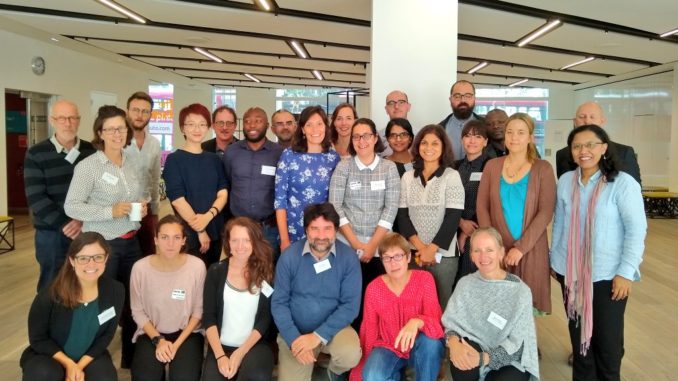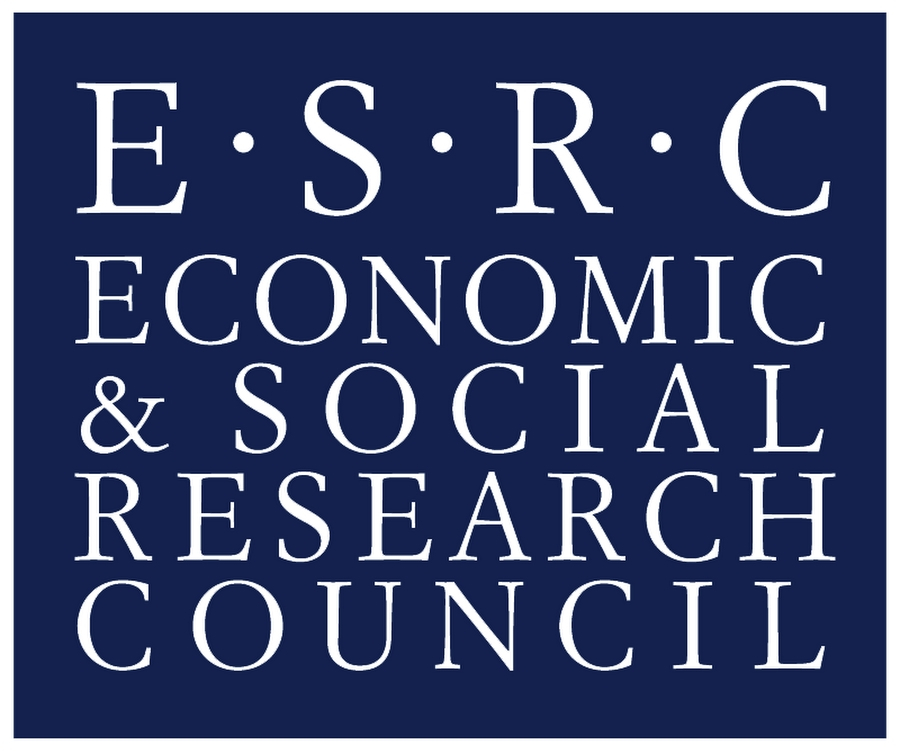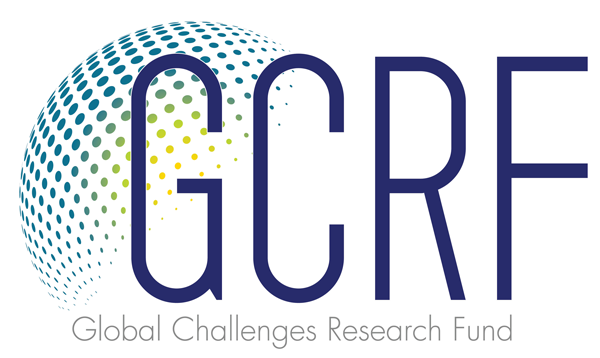
A vibrant two-day international workshop discussed the potential of mixed-methods research in studying problems of global poverty and economic development. The conclusion: while faced with its own challenges of research practice, mixed designs can help us better understand causal inference, improve research validity, and contribute to policy relevance.
The study of poverty and inequality dynamics has been widely explored by both quantitative and qualitative approaches, both separately and together as part of ‘mixed methods’ (or ‘Qual-Quant’) approaches. In contrast, the study of economic development and structural transformation more broadly is often dominated by exclusively quantitative approaches. Mixed-method approaches, on the other hand, have often struggled with integrating data generated within different paradigms, working across scales, and making credible links between macro and micro-level dynamics.
Given this context, 30 scholars convened on 6 and 7 September 2018 at King’s College London to share ideas and experiences, learn lessons from past and on-going work, and discuss work-in-progress using mixed-methods research in relation to poverty, inequality dynamics, and economic development. Across four panels, case studies of mixed methods research covering topics from business-government-community relations in the Indian wind energy sector to poverty transitions in urban South Africa to the impact of social assistance programs during fuel subsidy reform in Indonesia.
The workshop was co-organised jointly by the ESRC GPID research network and by CROP, and co-funded by King’s, the GCRF, CROP, the DSA and EADI. The aim of the workshop was to explore the scope for mixed-method approaches to studying poverty, inequality, and economic development, as well as their interactions. In particular, it pursued three areas of enquiry:
- mixed-method approaches to the measurement of poverty (including vulnerability/resilience), inequality, and economic development, and the exploration of the linkages between these concepts;
- mixed-method approaches to researching the dynamic interaction between poverty, inequality, and economic development and structural transformation, extending to evaluation of interventions designed to address this interaction;
- mixed-method approaches to the study of relational aspects of poverty, including social relations, social networks, power dynamics within relationships, and social-ecological relationships;
The keynote speakers who opened the two workshop days were Paul Shaffer of Trent University, author of the methodology book Q-Squared, and Patta Scott-Villiers with Naomi Hossain, IDS, on ‘Mixed methods within large scale qualitative comparative studies’.
You can read up on the event via the #mixedmethods2018 hashtag on Twitter.
Related resources:
The NCRM have in recent months run courses on ‘Designing mixed methods evaluation research’ which they plan to run again in 2019. See also their online resources on methodological pluralism and on interdisciplinarity in the social sciences.
The Scottish Graduate School of Social Science produced 16 films of conversations on the theme of ‘When Methods Meet’ in which practitioners of methods that do not usually get combined discuss the potential for doing so – for example ethnography and experiments.
Notable specialist journals are the Journal of Mixed Methods Research and the International Journal of Social Research Methodology, among others. Two of the most substantial resources on mixed methods within development studies are the CPRC Publications and the Q-Squared Working Papers series.

